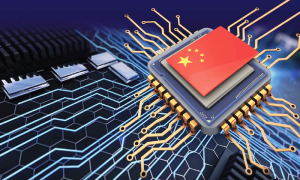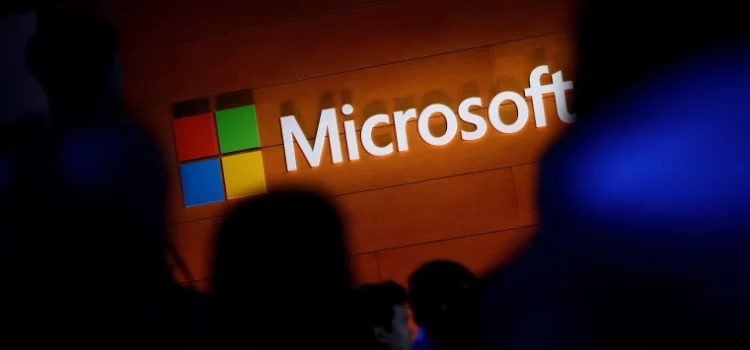
Why Microsoft’s AI Deal with China is a Risk to the World
Artificial intelligence (AI) is one of the most powerful and transformative technologies of our time. It has the potential to improve many aspects of human life, such as health, education, and productivity. However, it also poses significant challenges and risks, such as ethical dilemmas, social impacts, and geopolitical tensions.
One of the most controversial and consequential issues in the field of AI is the relationship between the United States and China, two of the world’s leading AI powers. Both countries have invested heavily in AI research and development, and have competing visions and values for the future of AI. While the U.S. advocates for a democratic and human-centric approach to AI governance, China pursues a more authoritarian and state-centric model, with less regard for human rights and international norms.
In this context, the recent announcement by Microsoft that it will invest $10 billion in OpenAI, a San Francisco-based research group that aims to create artificial general intelligence (AGI), a form of AI that can perform any intellectual task that humans can, has raised serious concerns among experts and policymakers. According to a report by Semafor, a news outlet that covers AI and technology, Microsoft’s deal with OpenAI values the group at around $29 billion, and gives Microsoft the right to recoup cash from OpenAI’s profits and ultimately own a 49% stake in the group.

Why is this deal a risk to the world?
There are at least three reasons:
- First, it could undermine the U.S. leadership and competitiveness in AI, by giving Microsoft, a private corporation, too much influence and control over the development and deployment of AGI, a technology that could have profound implications for humanity and society. As the report by the MIT group on the governance of AI states, “AI is leaving the laboratory and has entered our lives, having a ‘real-world impact on people, institutions, and culture’”. Therefore, the governance of AI should not be left to the market forces or the interests of a single company, but should involve a wide range of stakeholders, including the government, the academia, the civil society, and the international community.
- Second, it could enable China to access and exploit Microsoft’s AI technologies and data, either through legal or illegal means, and use them for its own strategic and military purposes. As a report by Protocol reveals, Microsoft has helped build AI in China, and Chinese AI has helped build Microsoft. Microsoft has a long history of collaboration and partnership with Chinese entities, including state-owned media, military-run universities, and controversial facial-recognition companies. While Microsoft claims that it follows the laws and regulations of the countries where it operates, and that it respects the human rights and privacy of its customers, there is no guarantee that China will not coerce or hack Microsoft to obtain its AI secrets and capabilities.
- Third, it could increase the risks and dangers of AI, such as ethical violations, social harms, and existential threats. As a report by Built In outlines, AI has been hailed as revolutionary and world-changing, but it’s not without drawbacks. Some of the potential risks of AI include automation-spurred job loss, deepfakes, privacy violations, algorithmic bias, socioeconomic inequality, market volatility, weapons automation, and uncontrollable self-AI. These risks could be exacerbated by the lack of transparency and accountability of Microsoft’s deal with OpenAI, and by the possibility of China’s malicious or irresponsible use of AI.
Conclusion
Microsoft’s AI deal with China is a risk to the world, because it could compromise the U.S. leadership and competitiveness in AI, facilitate China’s access and exploitation of Microsoft’s AI technologies and data, and amplify the risks and dangers of AI. Therefore, it is imperative that the U.S. government and the international community take action to regulate and oversee the development and deployment of AI, and to ensure that it is aligned with the values and interests of humanity and democracy. As the report by the AI100 project states, “we are at an inflection point where researchers and governments must think and act carefully to contain the risks AI presents and make the most of its benefits”.









